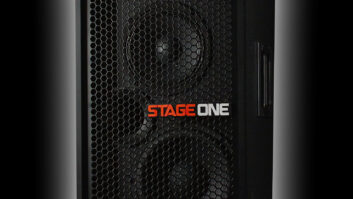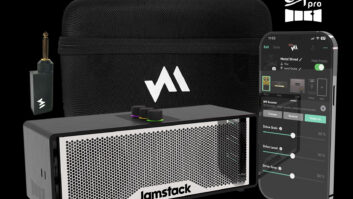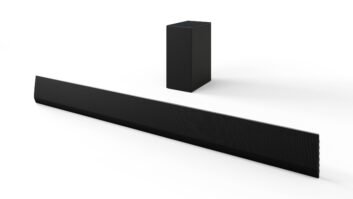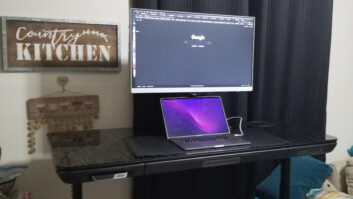
Almost 40 percent of U.S. households and more than 20 percent of European households will adopt wireless charging by 2020, thanks in part to expected growth in public wireless-charging stations, Juniper Research forecasts.
In the short term, however, consumers’ perceptions of the technology, particularly its efficiency compared to wired charging, will likely keep interest relatively low, the Hampshire, U.K.-based company said.
More mobile devices are implementing wireless charging, including smartphones, tablets, wearables and soon laptops, Juniper said. That growth is encouraging infrastructure providers to begin rolling out charging stations in a way similar to public or customer Wi-Fi. The infrastructure “has a key role to play in increasing awareness of the technology, where it can be tried without committing to a purchase,” Juniper said.
One area of potential growth in the coming years will be the provision of data-based services to go with charging, Juniper said. “While easing ‘battery anxiety’ is a key appeal of the technology, the easy data exchange will in future enable a variety of over-the-air services through the charging points.”
Added analyst James Moar, “The ability to pinpoint device location through data exchange enables all kinds of location-based activation functions around the home, the car and in the leisure industry.”
The report also forecasts that a fifth of all wearable devices will incorporate wireless charging by 2020, enabling new designs because they lack physical connectors.
Japan will lead in longer range resonance-based charging, while in cost-driven markets, induction-based charging will dominate for the next 5 years, Juniper said.
The standards-war winner is still to be determined, the company added. Earlier this year, the A4WP and PMA wireless-charging groups formally merged, but the WPC still holds a larger number of members, Juniper noted. The groups back different inductive charging standards.













